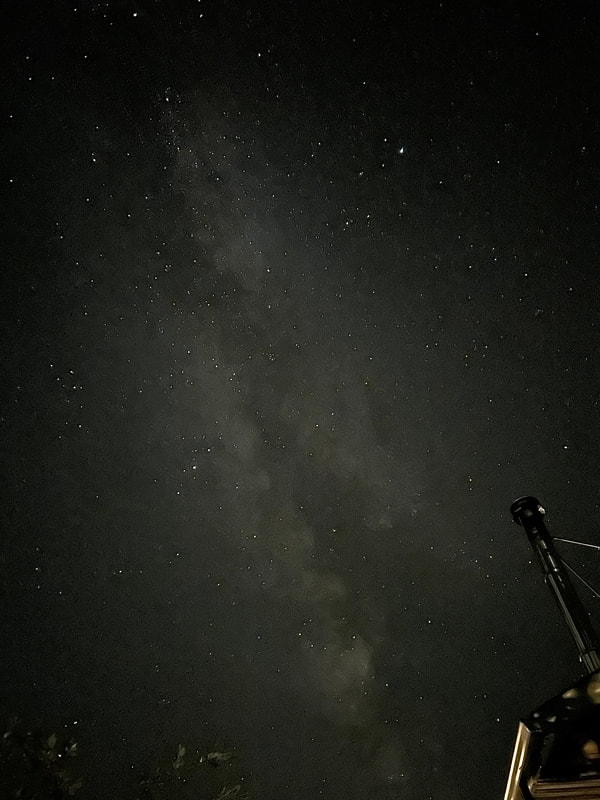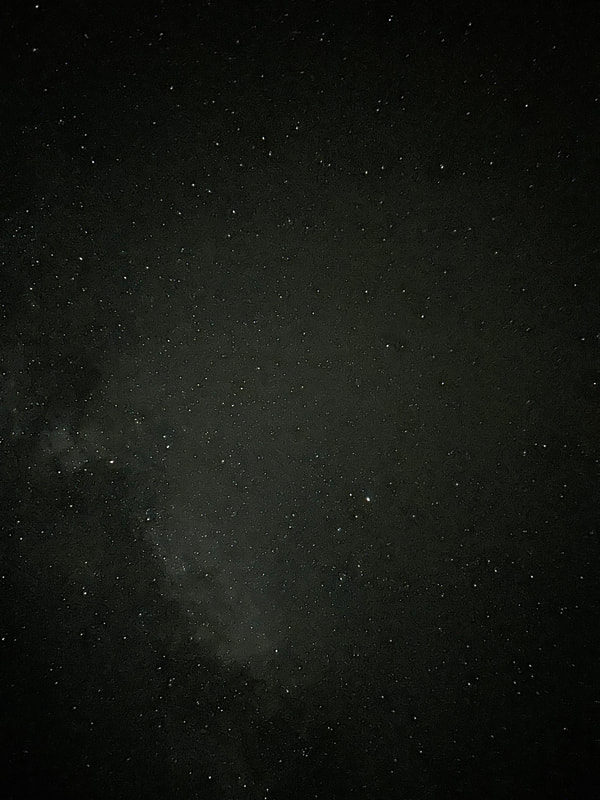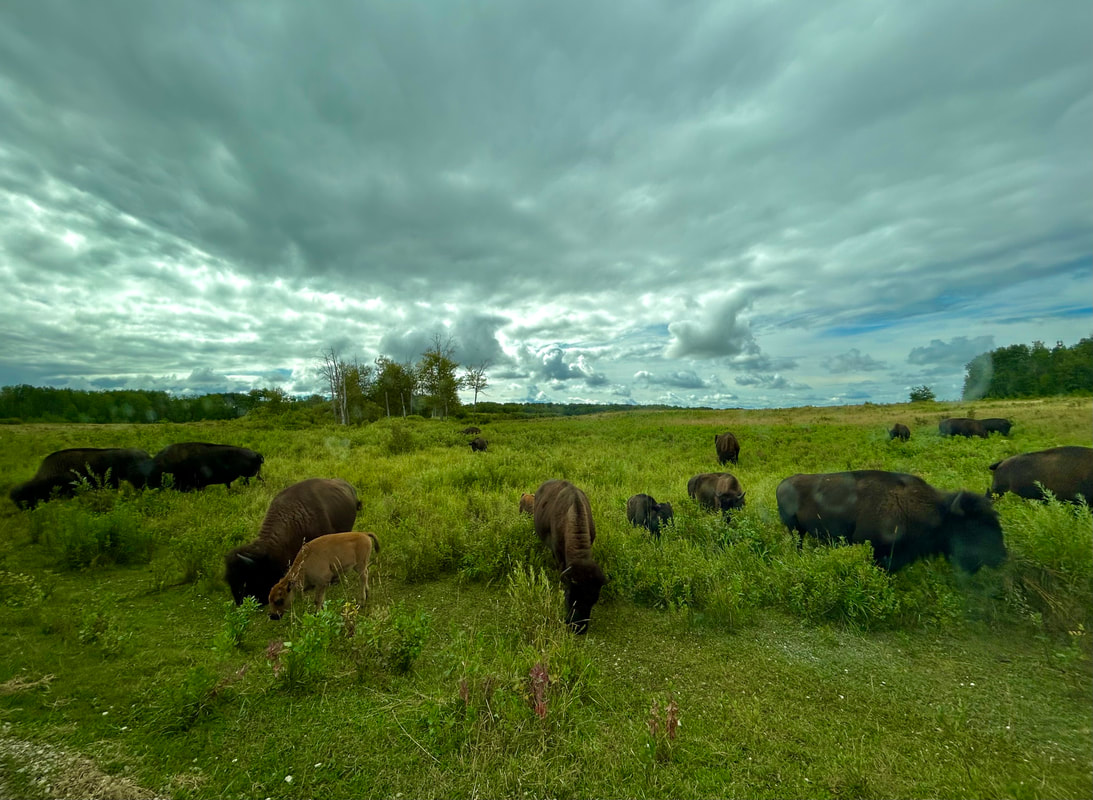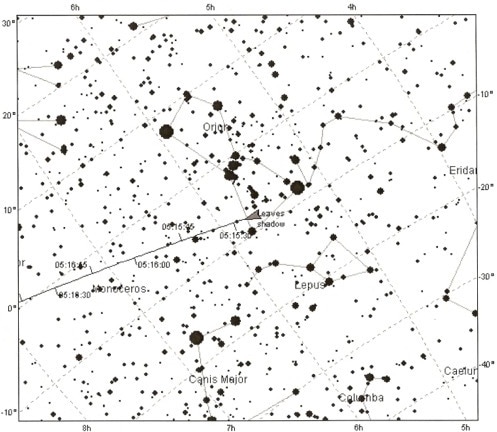|
Last week, we made what used to be an annual pilgrimage to Riding Mountain National Park, a 3,000-kilometer expanse near the border of Saskatchewan and Manitoba. Home to one of North America's largest populations of black bears, the park boasts a Bortle 1 sky: the darkest you can find on planet Earth. One of the greatest wonders I've experienced in amateur astronomy was that night sky, some ten years ago. I convinced my then girlfriend - now wife - to join me on a drive down a gravel road, flanked by dense forest. We stepped out in a clearing and oh, that sky. Our eyes weren't fully dark adjusted, but there was the Milky Way, boiling with exquisite clarity across a truly coal-black background. And the stars! I remember being stunned by their vivid colors: blue, red, yellow, and white, gemstones strung across the galactic core. Then we heard yips and yelps in the darkness, from the other side of the road - coyotes? Wolves? We dashed into the car. Unfortunately there are just a lot of animals in Riding Mountain that can kill a human, and most come out with the stars. There's a large pack of wolves (I stumbled across one of their kills once, complete with fresh paw prints), a host of lynx, plenty of bobcats, a healthy population of coyotes, a smattering of cougars, and more than a thousand bears - to say nothing of big herbivores that don't like to be startled. Most - all? - can see better in the dark than humans can. There wasn't enough room in our van to pack my Winnipeg telescope, but still: this time, I was determined to have a longer look at the sky. Things got off to an inauspicious start when, at about 10:00 PM on the first clear night, I nearly walked into a giant black bear near our cabin. It ran off into the undergrowth, the branches swaying and cracking as it disappeared. I hurried back to safety. I consoled myself with the knowledge that a thin haze of wildfire smoke would have dimmed the stars. The next night was perfectly clear, however; mercifully, the smoke had drifted east. I steeled myself and, at midnight, crept out of my cabin. It was dark - I could barely make out my hand in front of my face - but I knew roughly where I was going. When I got to about 50 feet away from the cabin, the dread started to set in. Yet my eyes were adapting to the dark, and to my delight I could start to make out the Milky Way. I inched forward, and at about 100 feet away I could clearly discern the galaxy arcing from one horizon to the next. What a sight! But closer to Earth, I couldn't see a thing, and my fear was getting hard to manage. Every noise, I was sure, was a predator creeping closer. I hurried back inside, and yes I was relieved to close the door. On the following night, the sky was again perfectly clear. This time, I lingered nearer my cabin, but I set up my phone and captured a ten-second exposure of the sky - then another, and another. You can see the results above. Yet they don't quite capture what the view was really like, beyond the glow of the cottage lights. It filled me with awe to see the Milky Way with such clarity - and, if I'm honest, profound regret at being sequestered in a big city. What I wouldn't give to live under a truly dark sky! Ralph Waldo Emerson famously wrote that: "If the stars should appear one night in a thousand years, how would men believe and adore, and preserve for many generations the remembrance of the city of God!" That resonated with me. Nearly all of us have lost the true wonder of the heavens: the humbling perspective of our impossibly immense galaxy, with its countless Suns and Earths, stretching around and above us. Catching a glimpse now and then is the best we can hope for - and indeed, what an impression it then makes. Things clouded over by morning, but the view scarcely worsened. We drove out to join the bison, and they put on a show. But of course, I couldn't stop thinking about the night sky on the pre-Columbian plains. I'm not sure historians have begun to process what it meant for us, as a species, when most of us lost that view. At least these bison still enjoy it.
1 Comment
|
Archives
March 2024
Categories
All
|






 RSS Feed
RSS Feed